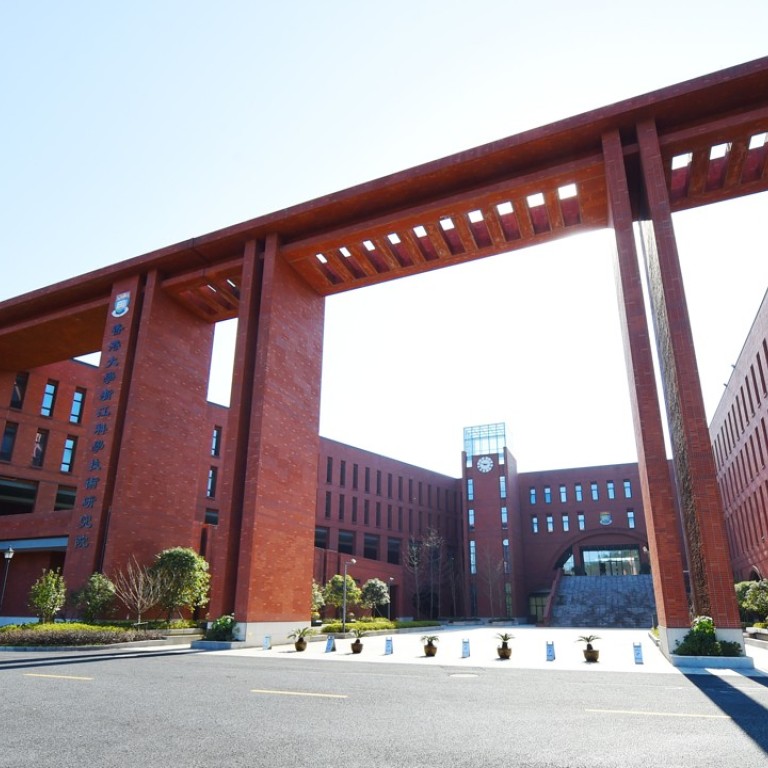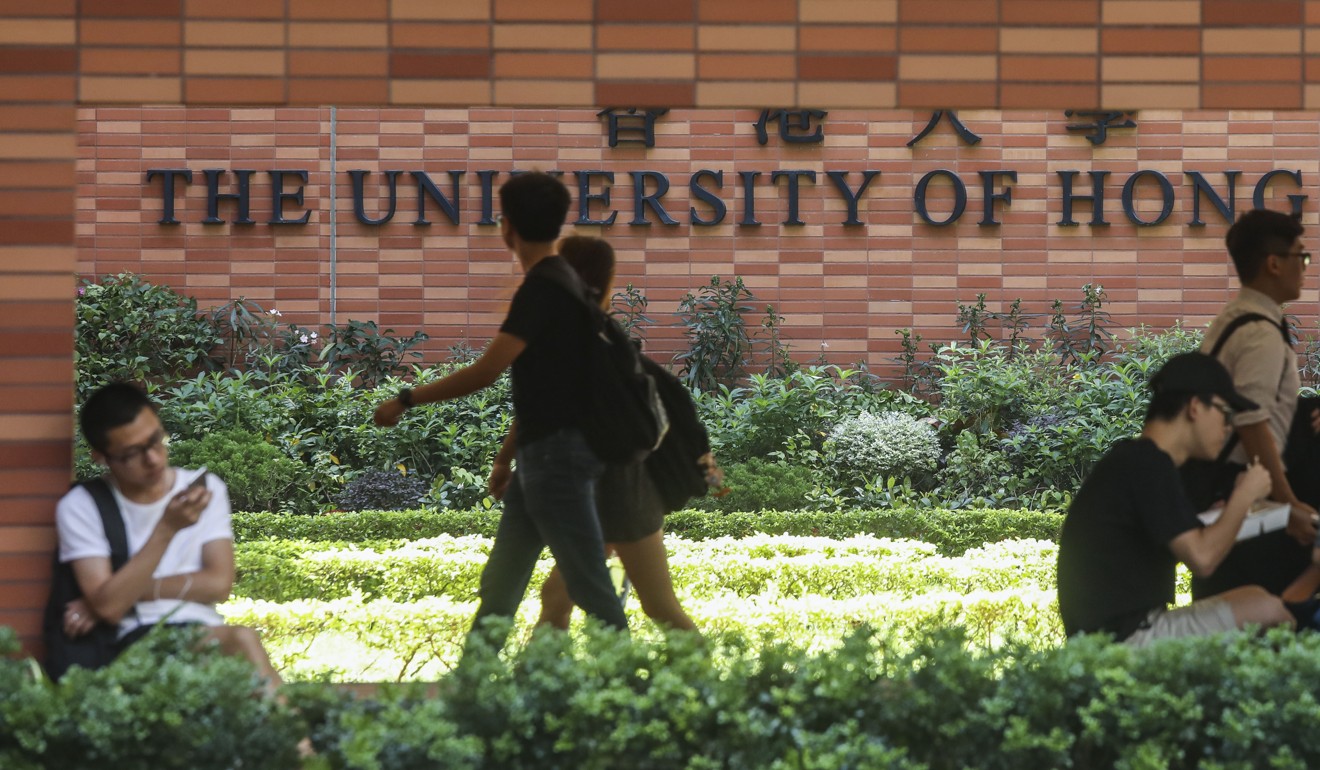
University of Hong Kong boosts space research in mainland China with HK$10 million for new Hangzhou lab
Facility in Zhejiang province is part of HKU’s efforts to step up research presence across the border, starting with microsatellite set for lift-off next year
The University of Hong Kong is pumping HK$10 million (US$1.28 million) into building a new space research laboratory on the mainland as it seeks a greater role in Chinese projects, including a 50 million yuan (US$7.28 million) microsatellite it is working on with partners there.
The new facility will be at the University of Hong Kong Zhejiang Institute of Research and Innovation (HKU-ZIRI) near Hangzhou in Zhejiang province.
“This strategic investment is designed to help put space and planetary sciences and space-related activities squarely on the map at HKU,” said Professor Quentin Parker, associate dean (global) in the faculty of science and acting director of the HKU Laboratory for Space Research.
Set to open in a few months, the lab will initially have about six members of staff. Next year it plans to launch the microsatellite, named HKU No 1, on a Chinese rocket from one of four mainland sites.

The satellite hosts a 50kg X-ray telescope being built and tested by the China Aerospace Science and Technology Corporation in Beijing. Inspired by a lobster’s vision – the crustacean’s pea-sized eyes give it wide-angle sight – the device is called the “lobster eye X-ray telescope”.
Parker described the lab as a “game changer” that would open up opportunities for space research in Hong Kong and on the mainland.
China has an ambitious space programme that aims to put a permanent space station into orbit by the early 2020s. In December the Chinese space agency will attempt to land a probe on the moon’s far side, and it also has plans for a moon base and mission to Mars.
The country’s space budget was US$6.1 billion in 2013, according to the Organisation for Economic Cooperation and Development.
Parker said the HKU lab would fund the work of two postdoctoral fellows from top mainland institutions – the Kavli Institute for Astronomy and Astrophysics at Peking University and a space and astrophysics group at Nanjing University.
“These shared positions will be hosted by the physics and earth sciences departments at HKU 50 per cent of the time. This will help turbo charge collaboration and opportunities for Hong Kong-based scientists with top mainland space and astrophysics groups,” he said.
Parker’s next step would be to find donors to endow a chair professor in space science at HKU, he added, boosting the lab’s already strong line-up of staff, which includes astrophysicist Dr Meng Su and internationally known Mars expert Dr Joseph Michalski.
“We are well placed to emerge over the coming years as a true force in space and planetary science – in Hong Kong, the mainland, and globally,” Parker said.

